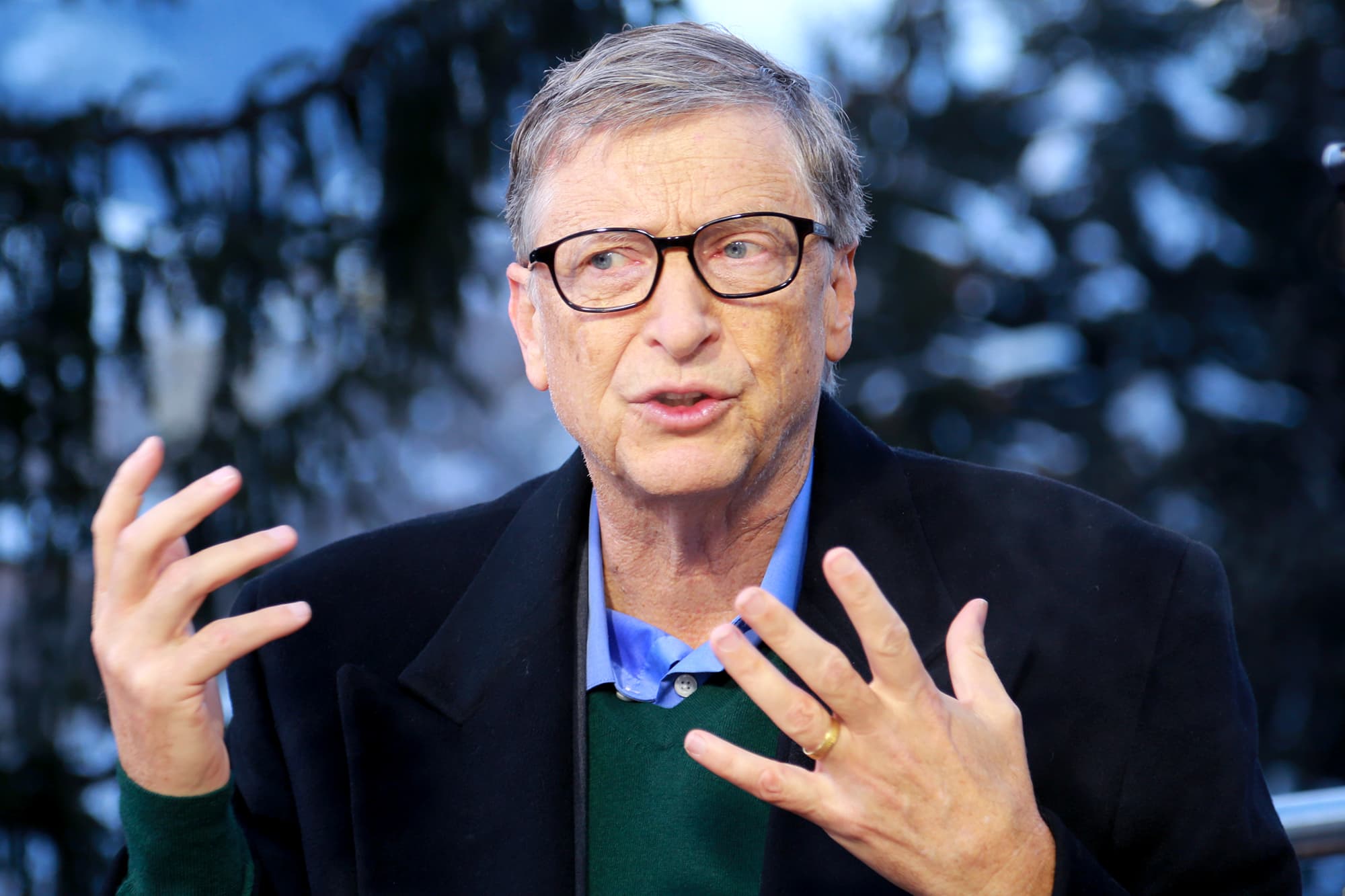This post was originally published on this site

Bill Gates told CNBC the Reddit-fueled trading mania in GameStop and other stocks was reminiscent of betting at a casino and not investing.
The billionaire philanthropist and tech entrepreneur’s comments ran Thursday on “Squawk Box,” hours before the House Financial Services Committee holds a hearing on the GameStop short squeeze that was sparked last month. The video-game retailer’s shares rocketed higher as retail traders piled into the stock, which was heavily bet-against by hedge funds.
“People enjoy gambling. Sadly, it’s a zero sum game,” Gates told CNBC’s Andrew Ross Sorkin in a recorded interview. “The idea that you drive a valuation way, way beyond what is rational, it’s hard to see that societally as a good use of time. And, you know, the people who get in it early get a windfall. The people who get in late feel like suckers.”
GameStop traded below $20 per share in early January, before soaring an intraday high of $483 on Jan. 28 — an increase of more than 2,300%. The stock closed Wednesday’s session at $45.94.
GameStop had been one of the most bet-against stocks on Wall Street and some retail traders had recognized its technical vulnerability to a short squeeze. In January, as Reddit users and online investors rushed into the stock by either buying shares outright or purchasing call options, short-sellers were sent scrambling.
Short-sellers borrows shares of a stock and then promptly sell them back into the market, with the intention of buying back shares later at a lower price. Then, they return the borrowed shares and profit off the difference. When the opposite happens, like with GameStop, shorts may try minimizing their losses by purchasing the stock back at current higher prices.
Social media, particularly forums like Reddit’s WallStreetBets, proved to be a powerful force during the GameStop trading frenzy. Reddit CEO Steve Huffman and Keith Gill, a prominent WallStreetBets user, are both set to testify at Thursday’s congressional hearing. Also taking part are Vlad Tenev, CEO of brokerage app Robinhood, and Gabriel Plotkin, who runs the hedge fund Melvin Capital which had been short GameStop.
Gates, a co-founder of Microsoft, expressed concerns about the role social media played in the GameStop stock saga and its potential implications for the U.S. equity market.
“Reddit forums where people have a reason to kind of push something and get out at those high prices, you know, the [Securities and Exchange Commission] has got to look at this because we don’t think of the stock market as just performing a casino-like role,” said Gates, the third-wealthiest person in the world. “We have restrictions on gambling activities.”
Other people acknowledge the highly speculative nature of the GameStop frenzy, but contend that risky trading has long been a fixture of the market.
“Every investor is a speculator, whether you hold a stock for a millisecond or whether you own it for 10 years, and the market has to accommodate that,” Kevin O’Leary told CNBC on Wednesday. “In investing you win and you lose. You make money, you lose money,” added O’Leary, co-founder of O’Shares ETFs and a “Shark Tank” investor.
Some have said the GameStop trading frenzy carried populist characteristics, with smaller investors trying to stick it to hedge funds and big Wall Street firms. Gates said if that really is the aim of individual investors, it won’t end well.
“If the general public investor is pitted against the hedge funds, over time, the hedge funds will come out ahead,” said Gates. “I’m sure there’ll be lots of stories of people who got caught up in the frenzy, which really served no societal purpose.”
Disclosure: CNBC owns the exclusive off-network cable rights to ″Shark Tank,” on which Kevin O’Leary is a co-host.




